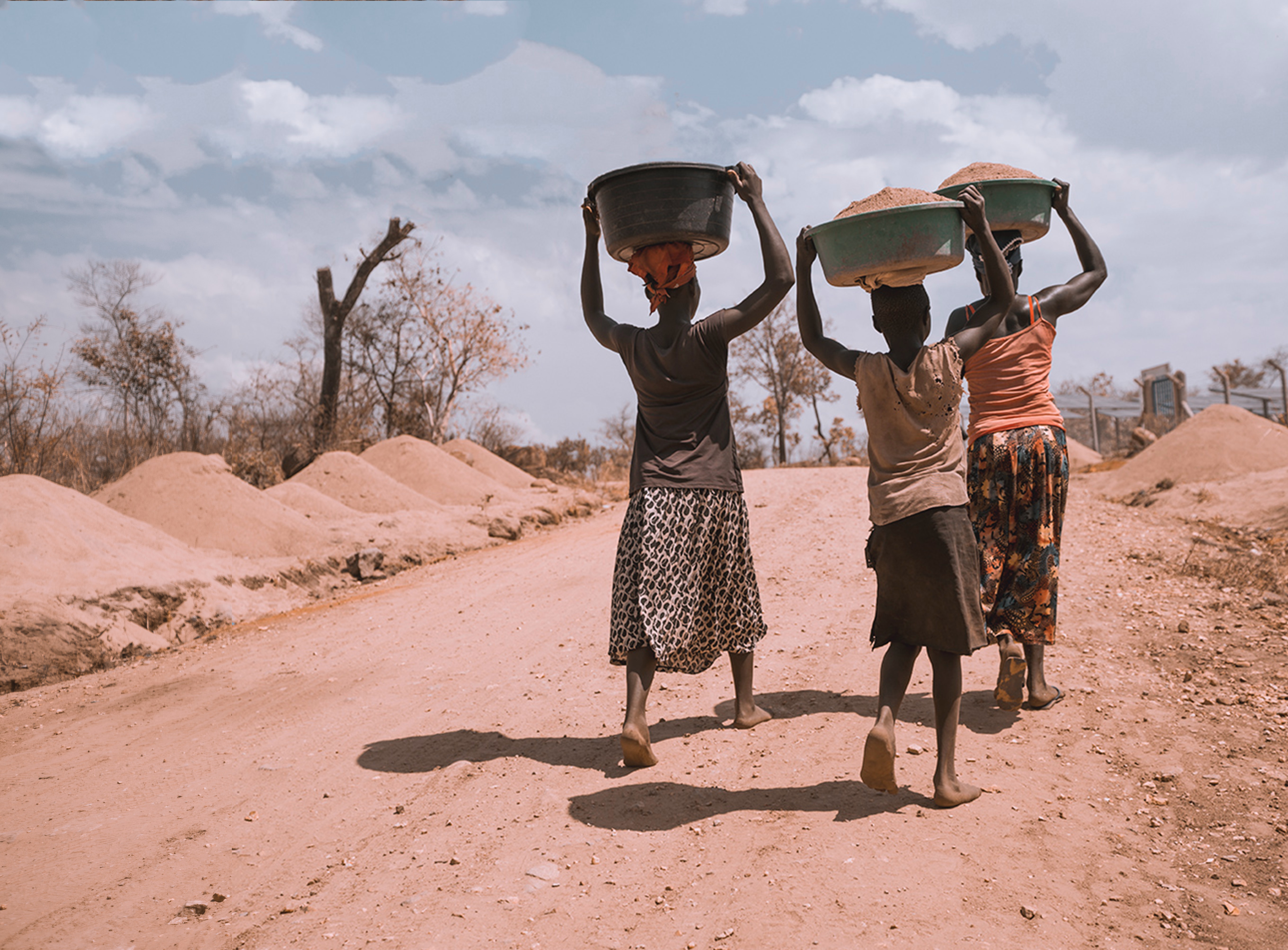Uganda Resilience Factsheet
Uganda experiences recurrent weather, environmental and socioeconomic shocks and stressors, including drought, erratic rainfall, floods, landslides, disease, crop pests, unemployment and intercommunal conflicts. As a result, many Ugandans suffer from food insecurity, malnutrition, illness and poverty.
Image

The economic slowdown caused by the COVID-19 pandemic has exacerbated food insecurity and poverty in Uganda, particularly for households with limited access to savings, social safety networks or other coping mechanisms. Uganda is also host to Africa’s largest population of refugees, which numbered nearly 1.6 million as of February 2022. Refugees are vulnerable to shocks and stresses and heavily reliant on food assistance.
Karamoja, a major resilience focus zone, is one of the least developed regions of Uganda, with high levels of poverty, low levels of education, poor infrastructure and lack of social services. Pastoralism is the dominant livelihood, although there has been a recent shift toward crop production and other livelihood activities. Karamoja has a history of armed conflict; however, after the 2010 disarmament, there was a decline in poverty. Unfortunately, Karamoja is also one of the regions most affected by shocks and stresses, and a recent resurgence of armed violence, a prolonged drought in 2018–2019, floods, a locust outbreak in 2019, and COVID-19 have reversed developmental gains.
Program Strategies
Given Uganda’s recurrent natural and human driven crises, strengthening the resilience of households and communities is at the forefront of USAID’s strategy. The Country Development Cooperation Strategy (CDCS) 2016–2021 focused on “strengthening household and community resilience in selected areas and target populations”, and resilience will remain a priority in the next CDCS.
Specifically, USAID seeks to bolster household and community resilience by improving conflict mitigation measures, building community and social capital, diversifying household assets and income and promoting behaviors that strengthen adaptive capacity. Ongoing resilience programming supports agriculture and livestock systems, diversified livelihoods, local governance systems and health and nutrition outcomes. USAID aims to curb the need for humanitarian assistance by building people’s capacity to mitigate, adapt to and recover from shocks and stressors. To achieve these goals, USAID layers Feed the Future and Bureau for Humanitarian Assistance (BHA) investments with health, conflict mitigation, biodiversity, agriculture and other livelihood interventions.
Activities and Strategic Partnerships
The Mission manages multi-sector activities in the resilience focus zone of Karamoja and refugee-hosting districts of Lamwo, Kamwenge, Kitagwenda and Isingiro.
The Integrated Community Agriculture and Nutrition (ICAN) activity, the flagship resilience activity, promotes economic opportunities, better nutrition and inclusive governance in communities vulnerable to shocks and stressors. ICAN also focuses on water, sanitation, and hygiene, primary education and family health training.
The Karamoja Resilience Support Unit II activity supports research and evidence dissemination, donor coordination and local government capacity strengthening to enhance resilience.
Other USAID activities that contribute to strengthening resilience include:
The BHA Resilience Food Security Activity (RFSA) Graduating to Resilience targets extremely poor households in the Kamwenge district that are vulnerable to shocks and stresses and aims to transition them from food insecurity and fragile livelihoods to self-reliance and resilience.
The Inclusive Agriculture Markets activity connects smallholder farmers and pastoralists with markets and addresses capacity constraints.
BHA RFSA Apolou promotes food security and nutrition among vulnerable people in Karamoja, in addition to addressing livestock health risks through a Resilience Challenge Fund grant.
The Agriculture and Markets Support activity aims to improve the smallholder farmers’ productivity and access to markets.
The Regional Health Integration to Enhance Service-East activity supports tuberculosis management in targeted Karamoja districts.
The Ekisil activity works to promote peace among tribes in Karamoja.
The Integrated Child and Youth Development activity builds the agency, social and emotional competencies of female adolescent students to reduce school-related, gender-based violence.
BHA RFSA Nuyok enhances food security and nutrition among Karamojong communities.
The Agriculture Research activity promotes the dissemination of improved agriculture inputs and technologies.
The Biodiversity for Resilience and Uganda Biodiversity Fund activities enhance livelihoods and coping strategies for people living around national parks and reserves while promoting biodiversity conservation.
USAID is a member of and currently co-leads the Karamoja Development Partners Group, which is composed of bilateral and multilateral development partners, promotes donor coordination and addresses development challenges in Karamoja.
Evaluation and Learning
The Karamoja Resilience Support Unit conducts assessments and disseminates knowledge to promote learning and inform programming.
Lessons from a BHA-funded resilience activity in Karamoja highlighted the importance of a clear, context-appropriate and well-justified framework at the design stage and the need to layer household-level interventions.
To gather evidence on the most effective ways to layer humanitarian and development interventions, the Graduating to Resilience activity incorporates a randomized control trial (RCT) to test different intensities of the graduation approach. Generally, the graduation approach includes unconditional cash transfers, an asset transfer, savings support and technical training or coaching. The RCT is testing three variations: (i) full package with individual coaching; (ii) full package with group coaching; and (iii) individual coaching only, without an asset transfer. The study is ongoing, and the results will guide how USAID should allocate resources for the most impact.
USAID implementing partners in Karamoja noted the importance of digital technology to support activity implementation to mitigate shocks, such as the COVID-19 pandemic. Digital technologies allowed partners to hold meetings, conduct training and collect data despite movement restrictions.




